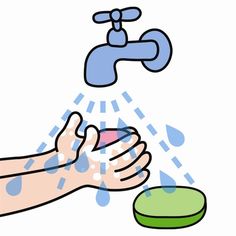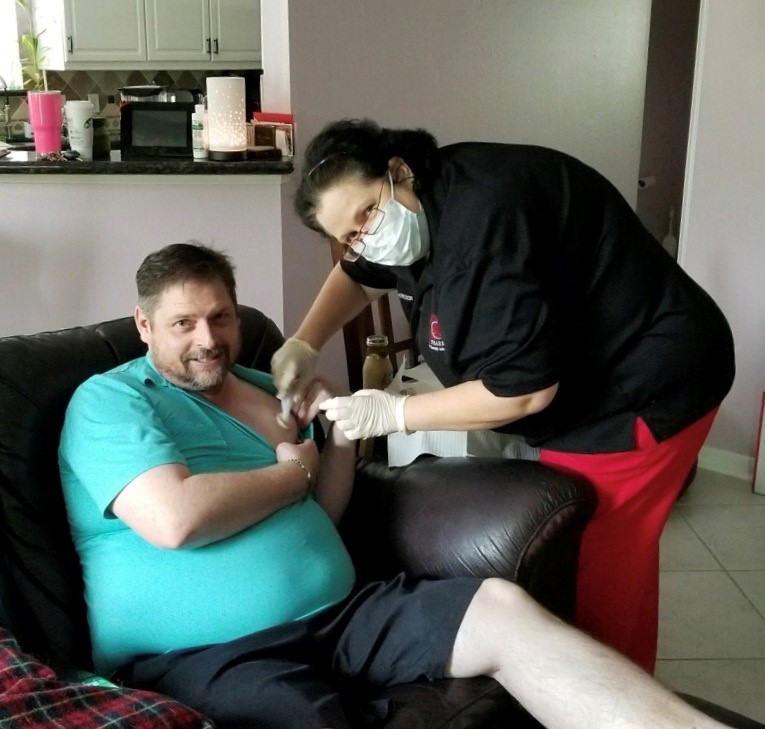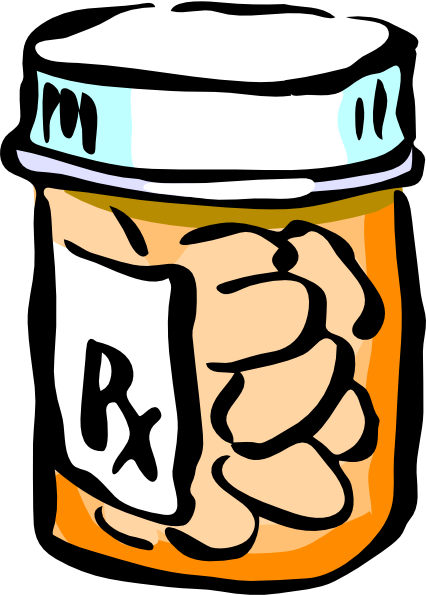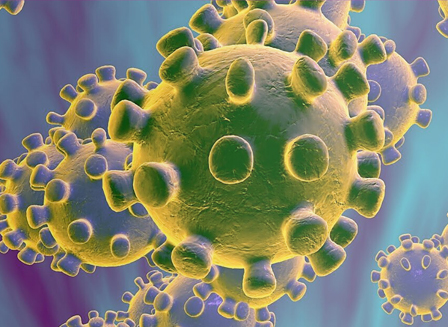We recently spoke with neurologist Charlene Hafer-Macko, MD from the University of Maryland’s Myasthenia Gravis Center about ways myasthenia gravis (MG) patients can keep themselves healthy and stay out of crisis. Here are some of her tips and tricks:
Communicating about your condition with healthcare providers, especially in an emergency situation, can be a challenge.
- Wear a medical ID bracelet, such as the MedicAlert, that identifies you as having myasthenia gravis.
- Know what medications MG patients need to avoid, and carry a list of them in your wallet for easy reference.
- Download the MyMG app from the Myasthenia Gravis Foundation of America. The app also has a list of medications to be avoided with MG.
- Document your symptoms, treatments, and how they affect your daily life so you can have these data readily available when your doctor asks, “How have you been feeling?”
- Always ask your healthcare provider or pharmacist if a newly prescribed medication is on the list of drugs MG patients need to avoid.
- Use online resources to look up conditions and medications. Just be sure the source is reliable and informed by science.
Weak muscles can make breathing difficult, but there are things you can do to make breathing more efficient.
- Use pursed-lip breathing, a technique in which you breathe out through puckered lips. See this demonstration.
- Learn how to breathe into your belly by lowering your diaphragm. Learn how here.
- Explore mindfulness practices that focus on breathing. This is also helpful for stress reduction. Find a guided exercise here.
MG symptoms tend to get worse with heat for many people. To avoid melting when it’s warm:
- Take tepid showers. If you really like a hot shower, finish it off with a cold splash.
- Avoid being out in the sun for long periods of time.
- When the weather is hot, plan big activities for the cooler part of the day, and take advantage of air conditioning as much as possible. Ask your electric power company for a form that will ensure you are a higher priority for power when the electric goes out a storm.
- Consider using a cooling vest if, for example, you want to sit in the hot sun for hours at the baseball game. Here is a sample of some available models.
- Sporting goods stores also sell cooling towels and reusable, freezable gel packs.
Not getting enough sleep will make anybody more fatigued. For those with MG, insomnia can be related to corticosteroid use, anxiety, stress, and other effects of chronic illness. Good sleep habits can help. Here are some tips:
- If you take prednisone, do so early in the day.
- Schedule your bedtime so you get at least 7-8 hours of sleep.
- Make a habit of going to bed at the same time every night and getting up at the same time each morning, even on the weekends.
- Keep your bedroom quiet, dark, relaxing, and at a cool temperature.
- Create a relaxing bedtime routine.
- Ban electronic devices, such as TVs, computers, and smart phones, from the bedroom, and avoid using screens during the hour before you go to sleep.
- Avoid large meals, caffeine, and alcohol before bedtime.
- Exercise regularly to help you fall asleep at night.
And finally, Hafer-Macko advises that those living with MG watch their bodies, learn how their treatments affect them, and plan activities accordingly. For example, if you (or those you live with) notice that you start to slow down as you get closer to your next pyridostigmine (Mestinon) dose or IVIG infusion, that may not be the best time to schedule a big day with the kids that will use up a lot of your energy.
Similarly, if you take pyridostigmine, notice how it affects you. If it starts to wear off too soon, mention it to your doctor; you might need to adjust the dose. Also, be aware of scheduling high-energy activities like shopping or cleaning during times when your meds are wearing off.
The following organizations offer additional resources, including support groups, education, and research:
- Myasthenia Gravis Foundation of America
- MG Kids
- Myasthenia Gravis Hope Foundation
- Conquer Myasthenia Gravis
- Myasthenia Gravis Association








